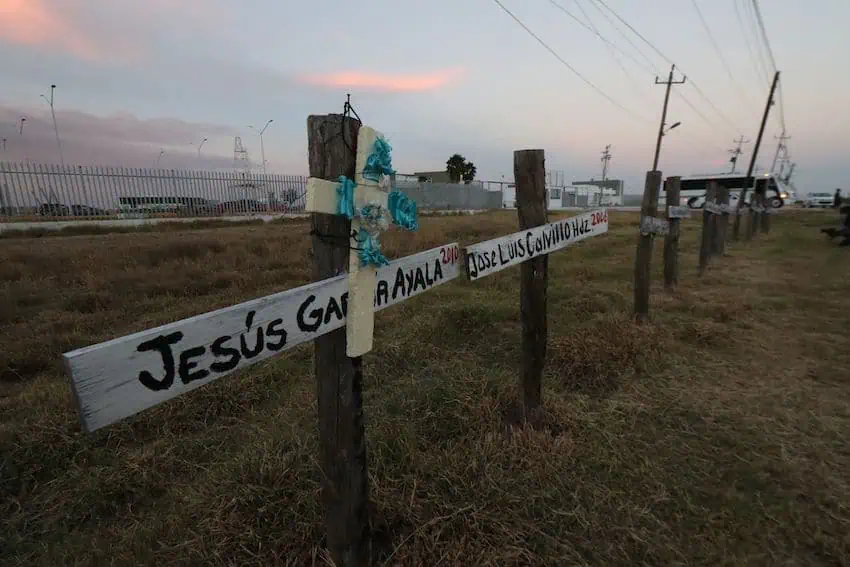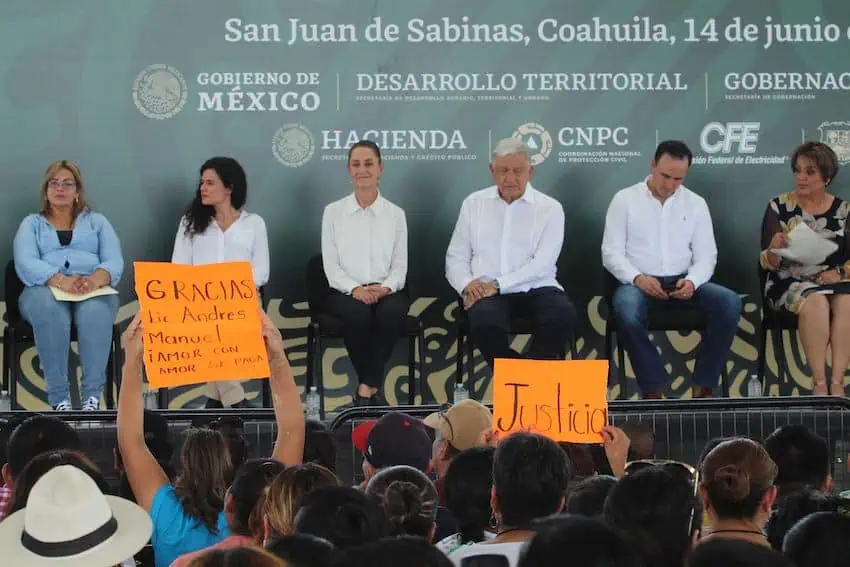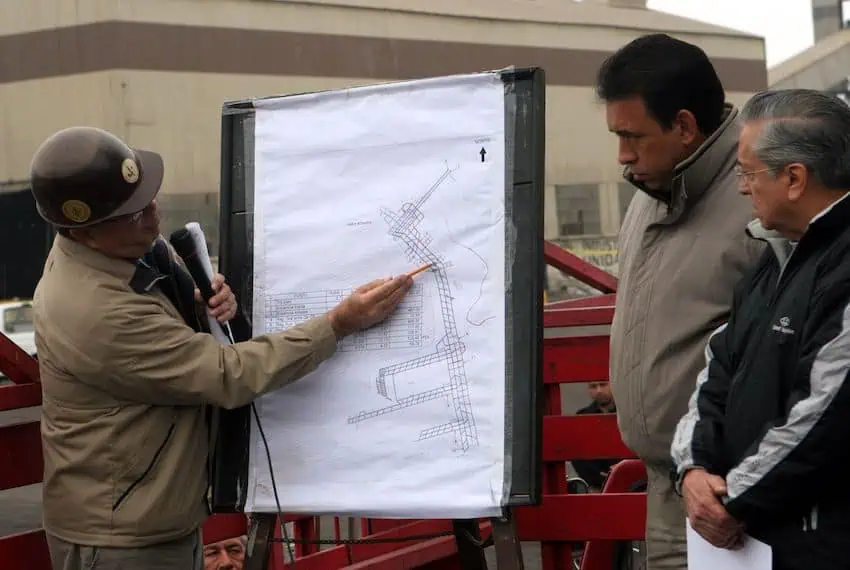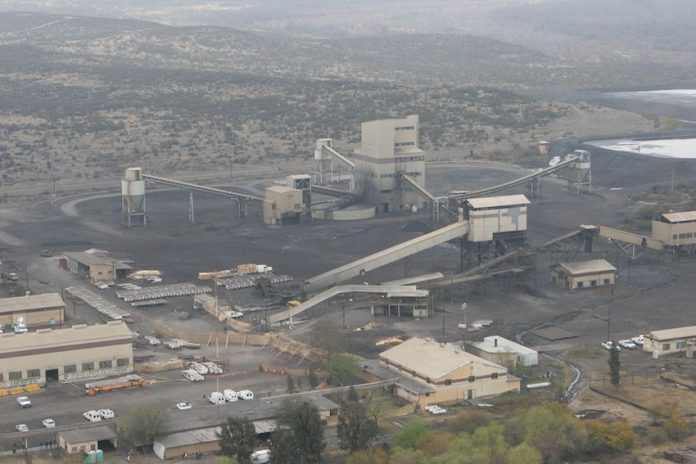The remains of one of 63 Mexican miners whose bodies have been trapped underground for almost two decades have finally been recovered.
A methane explosion at the Pasta de Conchos coal mine in Coahuila claimed the lives of 65 miners in February 2006. Only two bodies had been recovered until Friday, when additional remains were brought above ground.

Specialized rescue workers including National Guard personnel entered one of the chambers of the now-defunct mine late Friday afternoon and retrieved the remains of one miner.
The newspaper El Financiero reported that one “apparently complete” body was recovered.
As of Monday morning, authorities hadn’t released any official information about the recovery operation.
The remains were reportedly taken to a morgue in Saltillo, where DNA testing will seek to establish the identity of the victim. Family members of the deceased miners said it would take three weeks for a positive identification to occur.
Coahuila Attorney General Gerardo Márquez Guevara said that the Federal Attorney General’s Office would lead the efforts to identify the remains.
Relatives were present at the former Grupo México mine in the municipality of San Juan de Sabinas when the remains were recovered on Friday.
Martha Iglesias, daughter of deceased miner Guillermo Iglesias, told El Financiero that she and other family members saw the “complete skeleton” of one victim.
The recovery of the body came two weeks after the Interior Ministry (SEGOB) announced that human remains had been found in a mine chamber 146 meters underground.

“After more than 18 years since the terrible event, and four years since rescue work began on the instructions of President Andrés Manuel López Obrador, it was possible to reach one of the places where records indicate 13 miners were working on the day of the accident,” SEGOB said in a statement on June 12.
Family members are hopeful that more bodies will be recovered in the near future.
Claudia Escobar, widow of Raúl Villasana, said it was “very moving” to see the remains of one of the victims brought above ground.
“It’s like a dream come true for us — a very difficult dream because it’s reopening a wound and everything we went through [after the miners were killed],” she said.
The federal government announced a “Justice Plan for Pasta de Conchos” earlier this month, and is already providing a range of assistance to the families of the victims.
Family members would like to see Grupo México held accountable for the Feb. 19, 2006 tragedy. The company, a conglomerate with interests in various sectors, is led by billionaire businessman Germán Larrea.
The Centro Prodh human rights organization has asserted that substandard security conditions at the Pasta de Conchos mine exacerbated the effects of the methane explosion.
It said that “security failures” were reported at the mine since 2000, and that in a “final inspection” carried out in July 2004, 43 “direct violations” of security and hygiene regulations were detected.
Forty-eight remedial measures were ordered, many of which were “extremely urgent,” Centro Prodh said.
“However, authorities failed to supervise the correction of the defects detected,” the NGO said.

Grupo México carried out a rescue operation after the accident, but was only able to recover the bodies of two miners. The company suspended its rescue efforts in April 2007, saying at the time that continuing the operation would place rescuers’ lives at risk.
Centro Prodh noted that the families of the victims asserted that “the reason for the suspension” of the rescue operation was that if the bodies were recovered, “the terrible work conditions in the mine would be revealed and this would result in criminal and economic penalties, and even the withdrawal of the company’s [mining] concessions.”
Almost one year after the accident, the widows of the miners won an injunction that gave them access to internal Grupo México documents, which revealed it had been operating the Pasta de Conchos mine under less than optimal safety conditions since at least 2000.
However, no company representatives, or government officials, were held legally responsible for the deaths of the 65 miners.
More recently, 10 miners died in an accident at the El Pinabete coal mine in Coahuila in 2022, and two miners were killed last year in an accident at another mine in the northern border state.
With reports from El Financiero, Milenio, Reforma and Radio Fórmula
